- Home
- slideshows
- miscellaneous
- 8 common words you probably didn't know came from TV shows
8 common words you probably didn't know came from TV shows
Not!

Spam

Canned Spam has been around since the 1930s, but we can thank a 1970 Monty Python sketch for its alternate internet-related definition.
The sketch is set in a cafe where nearly every menu item contains Spam. The references to the canned lunch meat increase until eventually, all the dialogue is drowned out by a chorus of Vikings singing "Spam!" repeatedly.
As internet chatting became possible in the 1980s and 1990s, some early netizens flooded online message boards with lyrics to the song, drowning out other conversation much like the Vikings from the Monty Python sketch. The practice became known as "spamming" the message boards, and by 1990, the definition of spam had expanded to any unsolicited online messages sent to a large number of people.
Regifting
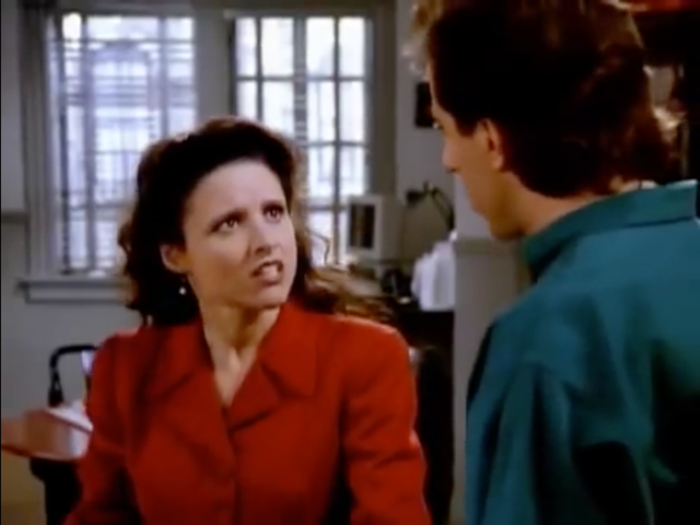
The practice of giving someone a gift you had previously received yourself has been around as long as gifts have been given.
But calling that practice "regifting" only became popular thanks to a 1995 episode of "Seinfeld," in which a regifted label maker becomes a topic of concern among the show's characters. Merriam-Webster cites the episode as the first known use of the term.
Going commando
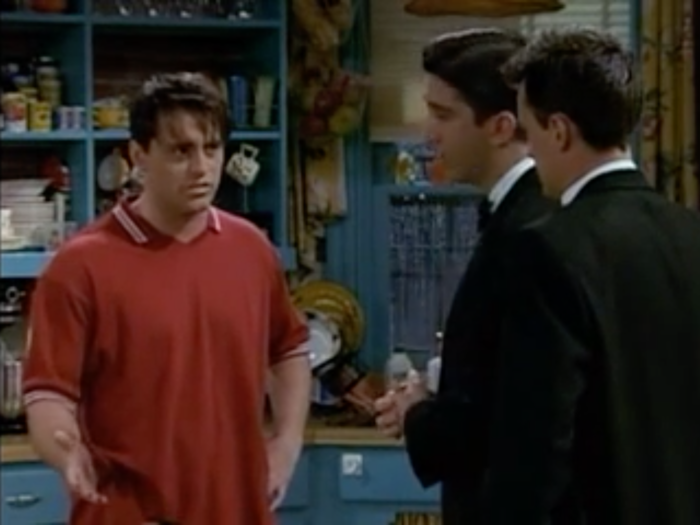
We can thank Joey from "Friends" for teaching us what it means to "go commando," a euphemism for not wearing underwear.
The expression was used in college slang dating back to at least 1974, according to Slate, but it wasn't until a 1996 "Friends" episode that it entered the common parlance.
For what it's worth, according to the article, many commandos do go commando, but it's by no means a universal practice.
Debbie Downer
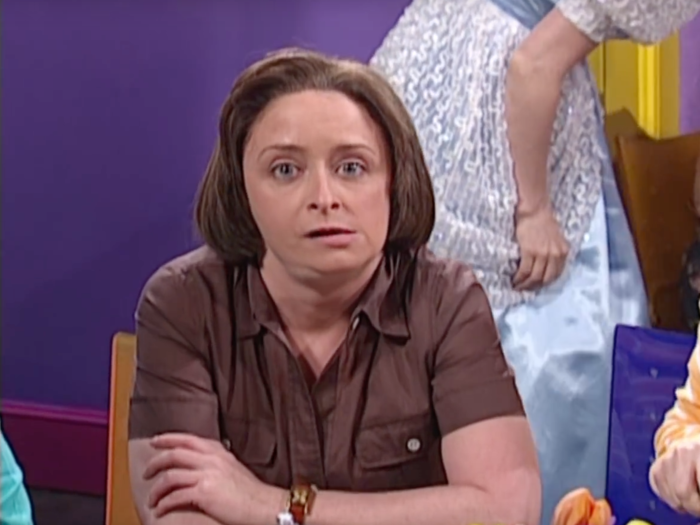
Everyone knows a Debbie Downer — someone who ruins people's good moods with a depressing, ill-timed comment.
The phrase traces its origins to a 2004 "Saturday Night Live" sketch in which cast member Rachel Dratch, playing the titular character, mars her group's Disney World breakfast with upsetting facts about mad cow disease, heatstroke, and train explosions. Nearly every actor in the sketch couldn't make it through without cracking up, and the sketch became an instant "SNL" classic.
Most people assume "SNL" took the phrase from somewhere else, but Dratch set the record straight in an interview with Salon in 2015.
"The term 'Debbie Downer' just took off in a way I never expected. People think the sketch came after the phrase, but the sketch came first," she said.
Meh
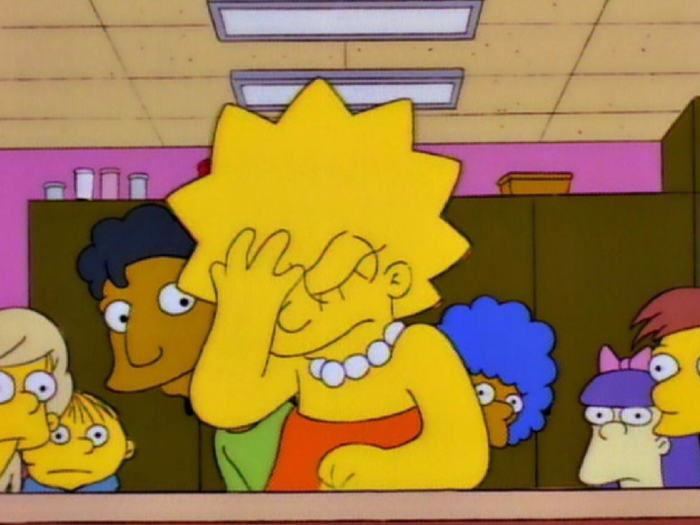
"Meh" is a handy interjection that, according to Merriam-Webster, is "used to express indifference or mild disappointment."
The linguistic origins of "meh" are unclear — some contend it's borrowed from Yiddish, although that hasn't been proven. But there's no question it became popular because of "The Simpsons," specifically, a scene from the 1992 episode "Sideshow Bob Roberts." "Meh" made its way into several other subsequent "Simpsons" episodes.
Since then, the word has diversified its linguistic profile, and is now used as an adjective, like in the sentence, "That dinner was pretty meh."
Cowabunga
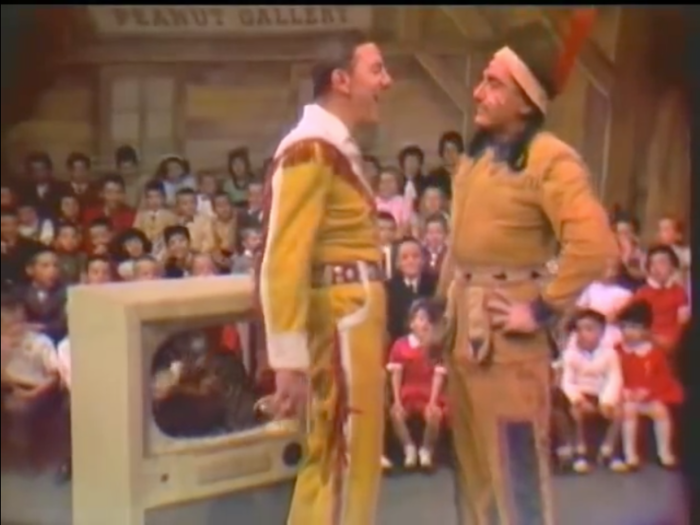
Speaking of "The Simpsons," "Cowabunga!" was one of the most enduring catchphrases from the show's early days. But the exclamation traces its origins to a much earlier TV show.
The interjection, "used to express delight or satisfaction," according to Oxford Dictionaries, was coined on the popular 1950s show "Howdy Doody." Eddie Kean, a writer for the western-themed children's show, made up the word for a Native American character, Chief Thunderthud, to say when he was mad or frustrated.
The word eventually entered surfing culture in the 1960s, according to Buzzfeed, "as an exclamation of awesomeness related to catching waves." The interjection was used as a catchphrase on the shows "Gidget" and "Teenage Mutant Ninja Turtles" before being used on "The Simpsons."
Five-O
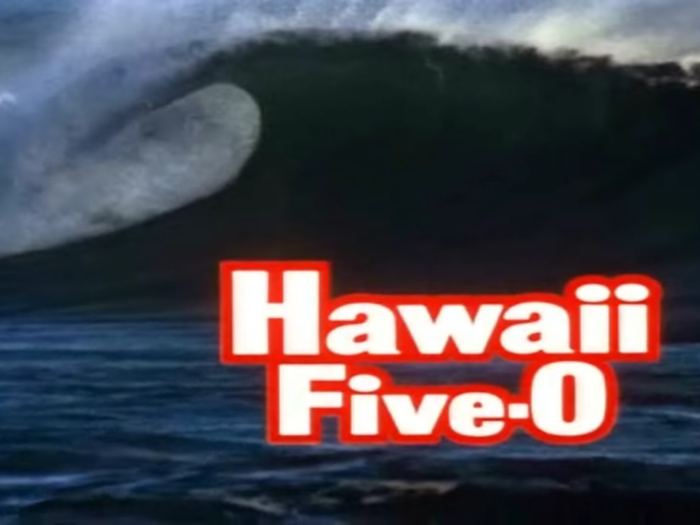
The show "Hawaii Five-O," which debuted in 1968, centered on a special state police task force called Five-O, and began filming just nine years after Hawaii became a US state.
A popular assumption is that "Five-O" is some sort of police code, but in reality, the show's writers were simply paying homage to Hawaii's status as the 50th state. Since the show, five-O has entered our language as a slang term for law enforcement.
Popular Right Now
Advertisement